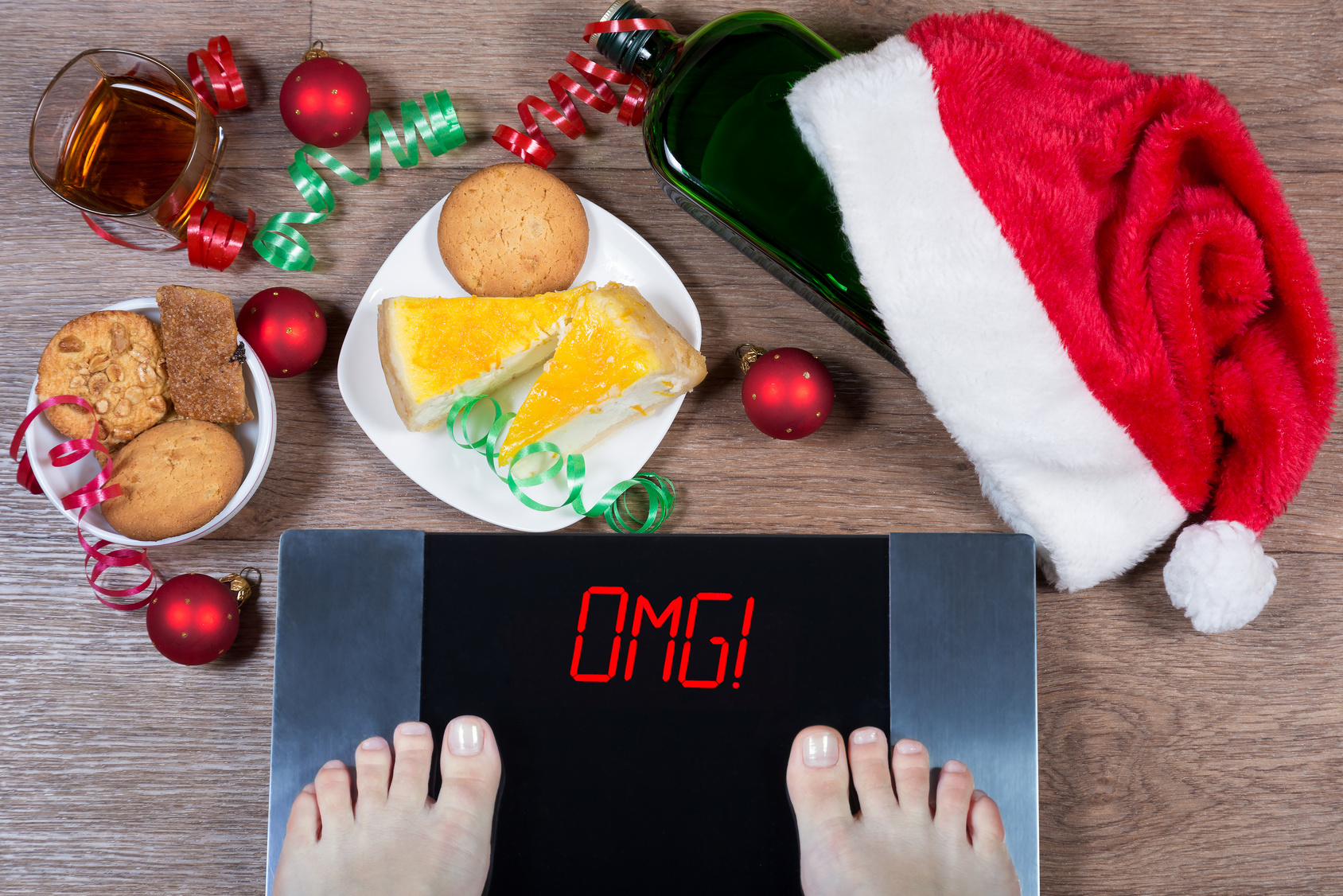
There are many options available for people with diabetes. However, the best way to lose weight is dependent on your individual needs. A Mediterranean diet includes lots of fruits and vegetables, as well as fish and chicken, olive oil, whole grains, nuts, and legumes. It excludes red meat, butter, and salt. This type of diet has been proven to lower blood sugar. The American Diabetes Association recommends that diabetes patients consume just one drink per person, while men may have as many at two.
Low-carbohydrate diets
While some people can lose weight on a low-carb diabetic diet, others should be aware of the risks associated with a strict low-carb diet. While any diet that helps you lose weight can lower blood sugar levels, some people should discuss their plans with their doctors. Low-carbohydrate diets can pose health risks, including low magnesium, potassium and uric acid.

Avoidance or limitation of high-carbohydrate foods such as wholegrain breads, legumes, beans, and fruits is recommended. These foods contain high levels of fibre which is good for the colon and helps to maintain regular bowel function. Also, fibre is found in high carbohydrate foods such as wholegrain breads and chickpeas. Low-carb diets are also less likely to contain vitamin B1 - which is a vital vitamin that helps to metabolize carbohydrates and provide energy for the body's tissues. Calcium is vital for strong bones.
Ketogenic diets
A ketogenic diet does not provide a quick solution to diabetes. It's an eating plan that restricts carbohydrates to around 20 to 50 grams a day, with a balance of healthy fats. Healthy fats include those found in nuts, fatty fish, avocados, and olive oil. You should also limit processed foods, which often contain saturated and trans fat. Even a medium size apple has 25g of carbohydrates.
People with diabetes rely on carbohydrates for fuel. Insulin is a hormone which transports glucose through the blood into the cells. Diabetes sufferers either lack the hormone or don't make enough. In this case, blood glucose levels tend to rise, especially after eating a high-carb meal. The diet is vital for managing blood sugar levels and maintaining healthy levels. However, diabetics can still benefit from a low-carb diet, especially if they are overweight or have a serious health problem.
Vegetarian and vegan diets
It has been shown that people with type-2 diabetes can lose weight and have their blood sugar levels improve by switching to vegetarian and vegan diets. Researchers from the Steno Diabetes Center recently presented 11 randomised trials that involved participants eating a vegetarian or vegan diet. Although there are varying degrees of success and difficulty with these diets, the majority of vegan and vegetarian diets work well and are safe.

Patients with type 1 should discuss with their doctor any changes to their medication that they need to make when going vegan or vegetarian. To lose weight or maintain stable blood sugar, some people with diabetes may need to reduce their insulin doses. Diabetics should be careful about monitoring their blood sugar levels.
FAQ
How to make an exercise plan?
It is important to establish a routine. You need to know what you will do each day and how long you will spend doing it. This helps to plan ahead and avoid procrastination.
You should also ensure you have plenty to choose from when working out. It is important not to get bored while exercising. This will cause you to lose interest and make it difficult for you to stick with it.
You also need to keep track of your progress. It's important that you keep track of the weight you have gained or lost over time.
It's easy for people to lose motivation when they start by losing weight. You may find it difficult to stay motivated if your weight increases.
It is important to find the right balance between weight gain or weight loss. If you're not happy with where you are, then you'll be less likely to continue exercising.
Are there side effects to intermittent fasting
Intermittent fasting does not have any known side effects. Some minor issues might occur if you do not plan your meals properly.
If you skip breakfast, your day might be interrupted by irritability. Also, you might experience dizziness, headaches, fatigue, muscle cramps, and dizziness.
These symptoms often disappear within a few hours.
How often do people fast?
Most people who adhere to a ketogenic lifestyle fast only once per week. But, some people fast twice per week. Others fast three or more times per week.
There is a variation in the length of fasts. Some fast for 24 hours while others fast for 48.
Some people even go longer than 72 hours. These extreme cases are rare.
What level of exercise is required to lose weight?
Many factors influence how much exercise is needed to lose weight, such as age, gender, body size, and weight. Most people require at most 30 minutes of moderate physical activity five times per week.
The American College of Sports Medicine recommends 150 mins of moderate-intensity aerobic exercise per week spread over three consecutive days.
You can lose 10 pounds by doing 300 minutes of moderate-intensity exercises each week, for example. This includes activities like jogging or running, swimming laps and biking.
If you're just starting out, consider doing 20 minutes of vigorous activity thrice weekly. This could be lifting weights, sprinting, jumping rope, and fast walking.
Aerobic exercise can help burn calories as well as build muscle mass. Muscles can burn more calories that fat. Building muscle and losing weight could help you get there faster.
Can cardio exercises help me lose weight quickly?
Cardio exercises are great for burning calories and helping you lose weight. It depends on how much fat you have stored and what kind of exercise you do.
Cardio exercises might not be enough to lose excess weight if your body is overweight.
You need to combine them with dieting and other types of exercise.
You can lose weight by running or jogging. These types of exercises burn more calories per hour than any other exercise.
You must train resistance if your goal is to gain muscle instead of losing weight. Resistance training involves using free weights, machines, bands, elastic bands, etc.
You can lose weight quickly by combining cardio and resistance training.
Combining cardio and resistance training is a great way to quickly lose weight.
How long should I fast intermittently to lose weight
The answer is not as simple as you might think. It is important to take into account a number of factors when deciding the optimal days for fat loss. These are:
-
Your age. If you are younger than 40, intermittent fasting might be too difficult because you have less time for recovery after each fast. On the other hand, if you're older (over 60), you may find that you don't have enough energy to sustain an extended period of daily fasting.
-
Your current body composition. A longer period of fasting is more beneficial for those with a lot of muscle mass. For those with less muscle mass, however, you may be able to benefit from shorter fasting times.
-
How physically active are you. If you exercise regularly, you may need to extend your fasting window to ensure that you still get adequate rest between workouts.
-
Your medical history. Additional fasting monitoring may be required for certain medical conditions such as diabetes or heart disease.
-
How well do you tolerate stress? Stressful situations often make us eat less. This problem can be avoided by increasing the length of your fasting periods.
-
It is the type of diet you are following. Certain diets, like ketogenic diets, may require even longer fasting periods.
-
The quality of sleep you receive. Insufficient sleep has been associated with decreased metabolism and increased appetite. It could take some experimentation to discover the best method for you.
-
The amount of protein that you consume. Protein helps stabilize blood sugar levels, which means that eating more protein could potentially lead to lower insulin levels. This would allow you to fast for longer periods of time.
-
Individuals who are trying lose or gain weight will require longer fasting times than those who are trying.
-
What proportion of calories do your fasting hours allow you to consume? Fasting for fewer calories per days may lead to greater fat loss than fasting with more calories.
-
Your overall fitness. The metabolic rate of fast people who are fit is higher, which means they burn more calories each day.
-
Your gender. Women tend to have a greater appetite than men, so they might need to fast for longer periods. Women may only fast for 20-30 mins each morning because they have a smaller appetite.
-
Your lifestyle. Are you someone who is active? Do you workout several times each week? Do you work at a desk all day? All of these things can affect the amount of time you should fast.
-
How much money do your spend on food every day? It doesn't always mean that you should spend a lot of money on groceries if you eat healthy foods. Whole grains can be replaced by white bread, fruits can replace candy bars, and lean cuts of meat can be used to save money.
-
You need to be able to control your hunger. You may not have to fast as often if it is important to eat regularly.
Statistics
- Among women, the increase in metabolic rate was nearly 4%, or 50 more calories per day (14Trusted Source (healthline.com)
- Another study found that 24 weeks of weight training led to a 9% increase in metabolic rate among men, which equated to burning approximately 140 more calories per day. (healthline.com)
- According to Harvard Health, it's estimated that a 155-pound (70-kg) person burns roughly 112 calories per 30 minutes of weight training (5). (healthline.com)
- According to Harvard Health, it's estimated that a 155-pound (70-kg) person burns around 167 calories per 30 minutes of walking at a moderate pace of 4 mph (6.4 km/h) (5). (healthline.com)
External Links
How To
How to lose weight fast without exercise
The best way to lose weight fast without exercise is to eat fewer calories than you burn. This will allow your body to begin burning stored fat for energy. If you do not consume enough calories, your body will begin to break down muscle tissue to use for energy, which means you'll see some muscle loss. You can still lose weight if you don't work out while dieting, but you'll probably lose even more muscle mass.
The key to losing weight fast without working out is to reduce your calorie intake. Most people think they should reduce their food intake to lose weight, but this isn't true. To lose weight, you need to ensure that you are consuming fewer calories than your body is burning. How much should you consume each day? It all depends on what activity you do daily. Someone who walks three miles per day would require only about 2,500 calories. An individual who works all day at a desk would consume around 1,600 calories each day. However, someone who exercises regularly (like lifting weights) would require around 2,000 calories daily.
When you want lose weight, it is important to cut down on your caloric intake. Many people think that they should eat less food because they feel like they're starving themselves. This is not true. Your body doesn’t care if you’re hungry or full; it simply wants to work properly. To get rid of extra pounds, you need to keep track of your calorie consumption. Many online apps allow you to track your calorie intake. These apps include MyFitnessPal and Calorie Counter.